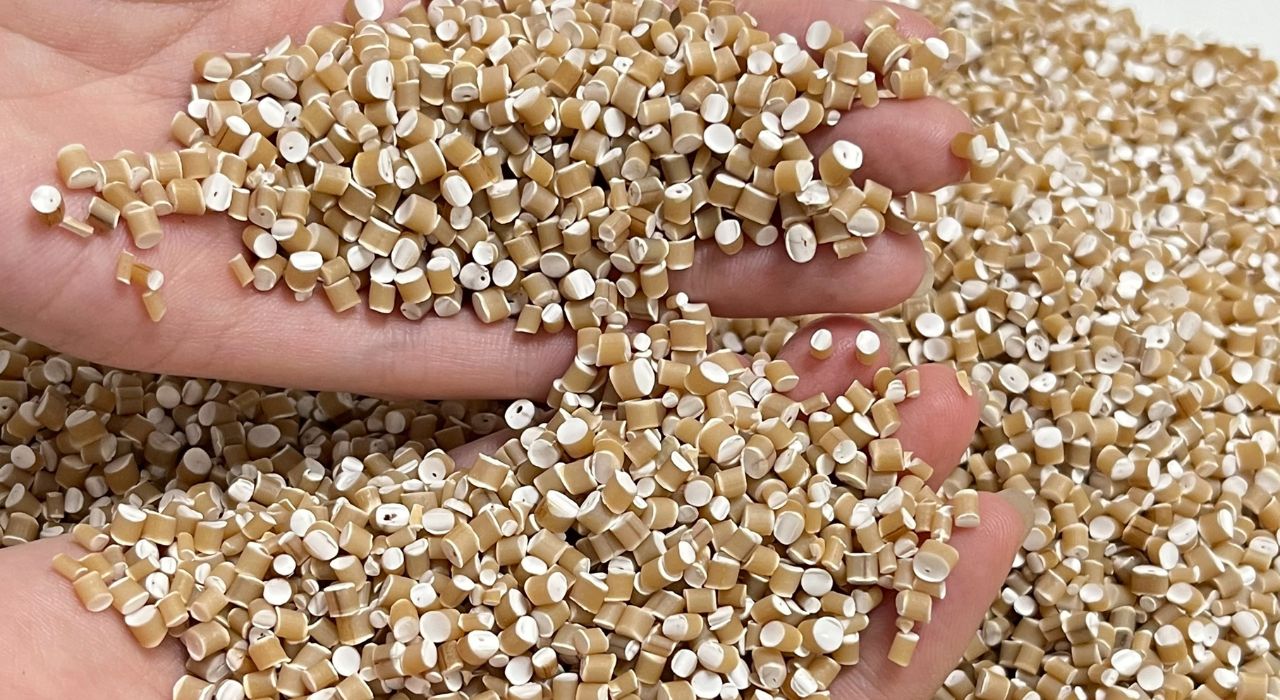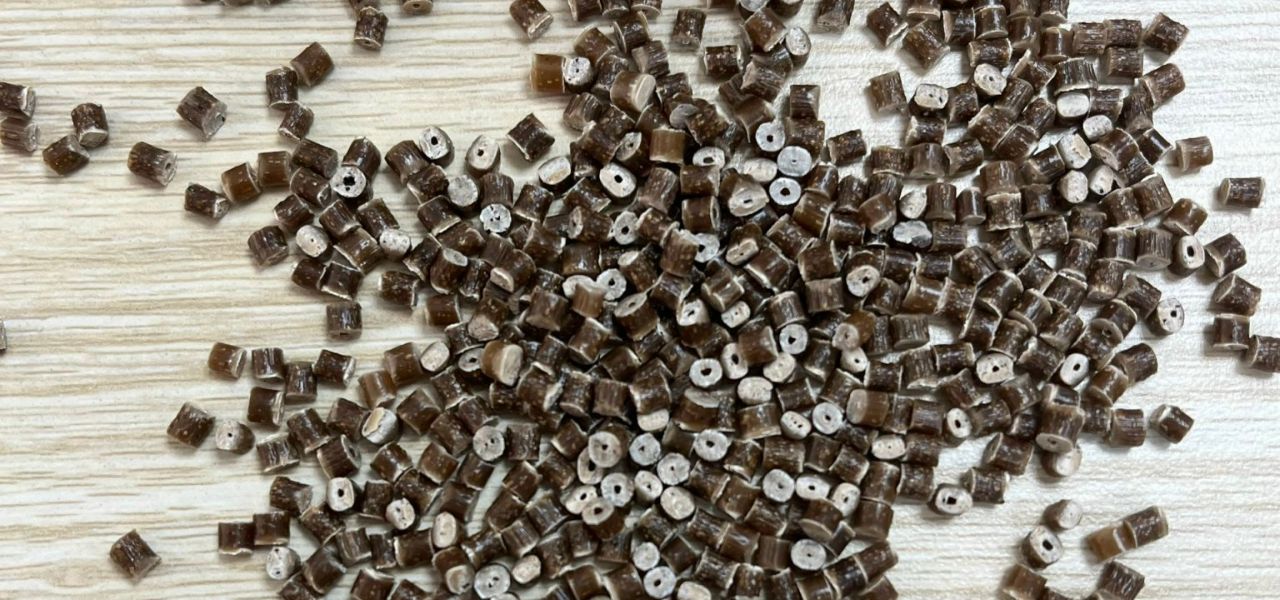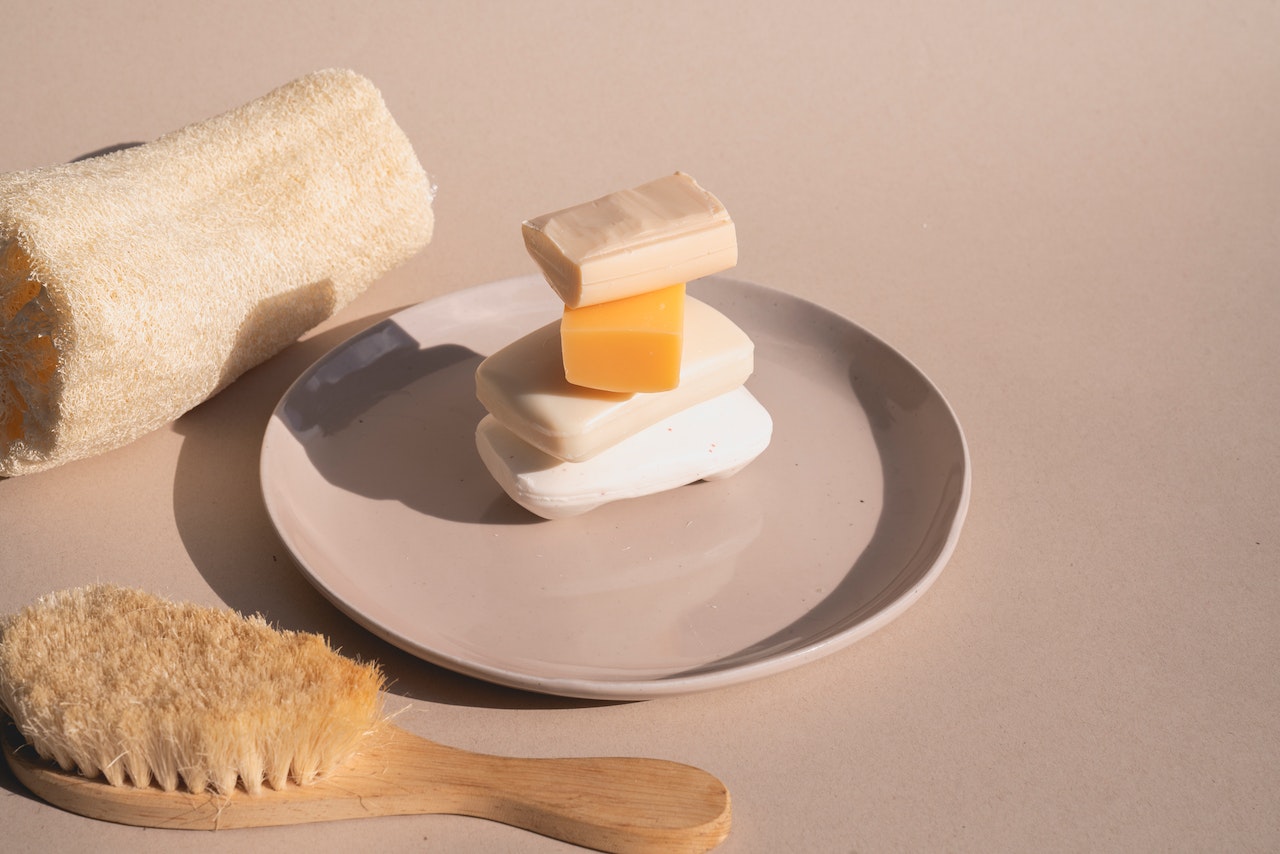The Use of Biobased Materials in Consumer Products for Improved Health and Wellness
As consumers become more aware of the environmental impact of traditional materials, the demand for biobased materials has significantly increased. Biobased materials, derived from renewable resources such as plants and agricultural byproducts, offer a sustainable alternative to conventional materials.
Let’s explore biobased materials' positive impact on health and wellness!
Biobased Materials: A Sustainable Solution
Biobased materials are becoming increasingly popular due to their potential sustainability benefits, such as reduced reliance on fossil fuels and lower greenhouse gas emissions. They are being used in a wide range of applications, including construction, manufacturing, and packaging, as well as in healthcare and consumer products.

Benefits of Biobased Materials in Cosmetics and Personal Care
From environmental advantages to health considerations and consumer appeal, these materials offer a sustainable and responsible alternative to traditional ingredients. This section explores the benefits of using biobased materials in cosmetics and personal care products.
Environmental Advantages
One of the primary benefits of biobased materials in cosmetics and personal care is their positive environmental impact. Biobased materials are derived from renewable resources, such as plants, agricultural crops, or bio-waste.
Unlike petroleum-based ingredients commonly found in conventional products, biobased materials have a lower carbon footprint and contribute to the reduction of greenhouse gas emissions. The use of renewable resources also reduces the dependency on finite fossil fuels, promoting a more sustainable and resource-efficient industry.
>>>> Learn more at: 5 Steps to Embrace Eco Friendly Bioplastic in Your Daily Routine
Health and Safety Considerations
Biobased materials offer inherent health and safety benefits compared to their synthetic counterparts. Many conventional cosmetics and personal care products contain synthetic ingredients that may pose health risks or cause skin sensitivities. In contrast, biobased materials are often naturally derived, reducing the exposure to potentially harmful chemicals.
Moreover, biobased materials can be sourced from organic, providing an additional layer of assurance regarding their safety and purity. Consumers are increasingly concerned about the ingredients they put on their skin and prefer products that are free from toxins and potentially harmful substances. By incorporating biobased materials, cosmetic companies can cater to the growing demand for safer and more natural personal care options.
Consumer Appeal and Market Demand
The use of biobased materials in cosmetics and personal care products aligns with the preferences and values of a significant consumer base. As sustainability becomes increasingly important to consumers, they are actively seeking products that have minimal environmental impact and are made from renewable resources. Biobased materials offer a tangible solution that resonates with environmentally conscious consumers.
Moreover, the market demand for eco-friendly and sustainable personal care products is on the rise. Consumers are more informed and selective about the products they purchase, considering factors such as ethical sourcing, packaging materials, and the overall sustainability profile of the brand.
Popular Biobased Materials Used in Cosmetics and Personal Care
The use of biobased materials in cosmetics and personal care products has gained momentum in recent years as consumers increasingly seek natural and sustainable alternatives.
Plant-Derived Oils and Extracts
Plant-derived oils and extracts are widely used in cosmetics and personal care products due to their nourishing and moisturizing properties. These oils, such as jojoba oil, argan oil, and coconut oil, are rich in essential fatty acids, antioxidants, and vitamins. They help replenish and hydrate the skin, leaving it soft and supple. These natural ingredients provide a gentle and plant-powered approach to skincare.
Natural Fibers and Biopolymers
Natural fibers, such as cotton, bamboo, and hemp, are used in various personal care products, including wipes, cotton pads, and cleansing tools. These fibers are biodegradable and renewable, making them a sustainable choice compared to synthetic alternatives.
Biopolymers, such as polylactic acid (PLA), polyhydroxyalkanoates (PHA) or coffee biocomposites, are also gaining popularity as biodegradable and compostable materials used in packaging and as film coatings. These materials offer a more eco-friendly solution to single-use plastic packaging.

Coffee biocomposite madee from coffee grounds and recycle plastics.
Applications of Biobased Materials in Cosmetics and Personal Care Products
Biobased materials have found widespread use in various categories of cosmetics and personal care products. These sustainable and natural alternatives offer numerous benefits and are increasingly sought after by consumers who prioritize eco-friendly and skin-friendly options.
Skincare and Facial Care
Biobased materials play a significant role in skincare and facial care products, where their nourishing, moisturizing, and rejuvenating properties are highly valued. Plant-derived oils, such as argan oil, rosehip oil, and jojoba oil, are commonly used in facial serums, moisturizers, and facial oils due to their ability to hydrate and protect the skin. Botanical extracts, such as aloe vera, chamomile, and green tea, are incorporated into toners, facial mists, and creams for their soothing and antioxidant properties. These biobased materials help improve skin texture, promote a healthy complexion, and address specific skincare concerns.
Hair Care and Styling
In the realm of hair care, biobased materials find application in shampoos, conditioners, hair masks, and styling products. Natural oils like coconut oil, shea butter, and avocado oil are used to nourish and moisturize the hair, leaving it soft, shiny, and manageable. Biobased ingredients like aloe vera and herbal extracts are incorporated into hair care formulations to promote scalp health, reduce dandruff, and enhance hair growth. Additionally, plant-based proteins and biopolymers are utilized to strengthen hair strands, protect against damage, and improve manageability.
Bath and Body Products
Biobased materials are prevalent in bath and body products, offering a range of benefits such as gentle cleansing, moisturization, and aromatic experiences. Natural ingredients like oatmeal, honey, and cocoa butter are used in body washes, soaps, and bath bombs for their soothing and moisturizing properties. Botanical extracts, such as lavender, rosemary, and citrus fruits, provide refreshing scents and therapeutic effects in shower gels and bath oils. Biobased exfoliants, like sugar or coffee grounds, are employed to remove dead skin cells and promote a smooth and radiant complexion.

Makeup and Color Cosmetics
Even in the realm of makeup and color cosmetics, biobased materials have made their mark. Natural pigments derived from plant sources, such as beetroot, turmeric, and spirulina, are used to create vibrant and earth-friendly color options for lipsticks, eyeshadows, and blushes. Biobased waxes, such as carnauba wax and candelilla wax, are utilized in the formulation of lip balms and mascaras for their emollient and volumizing properties. Additionally, natural emulsifiers and thickeners derived from biobased sources are employed in the creation of foundations, creams, and lotions.
By incorporating biobased materials into cosmetics and personal care products, brands can offer consumers a greener and more sustainable choice without compromising on quality and performance.
Contact us
AirX is the world's first carbon-negative bio-material made from coffee grounds manufacturer.
We specialize in producing bio-based composites using recycled carbohydrates derived from by-products such as coffee grounds, coconut husk, husk, and bamboo. Our goal is to promote sustainability through the use of eco-friendly materials.
We are always here to help and provide the best service possible. If you have any questions or would like to receive advice and feedback directly from our sales staff, please do not hesitate to contact us. You can reach us through:
Whatsapp: +84 969 742 950
Email: [email protected]
We look forward to hearing from you!

